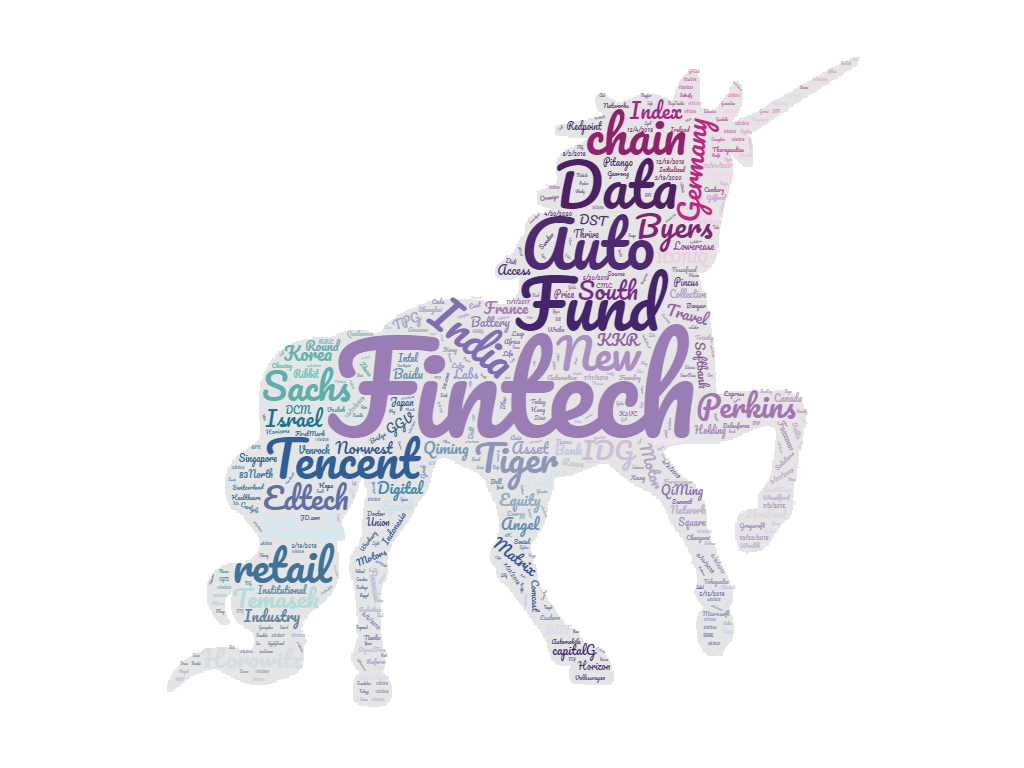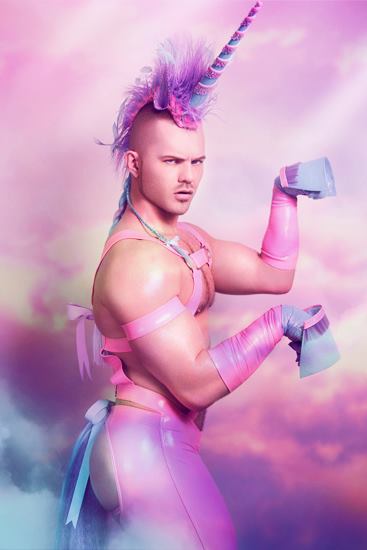
Unicorns Are Alive
Unicorns
The magnificent and noble creatures that have enchanted young and adult kids across the globe through the ages. They are a symbol of purity, goodness, and freedom. It’s also believed that they don’t exist (neither does freedom). Today we settle with the truth – they are often associated with rainbows and that means they are a symbol of homosexuality.

Alright, that’s enough trash talk. You’ve seen the cover image and you know it’s about the startups that make it big, the ones that fly high and touch the rainbows. In the unordinary event you are unaware of the term, however, “Unicorn” was coined by Aileen Lee in a TechCrunch article in 2013 to capture the group of tech startups that carried valuations over 1Billion and were founded after 2003. At the time of her writing, 39 Unicorns met that criteria. As of August 2020, there are 400.
Running a startup is grueling work, forget hitting the Billion-dollar valuation. 90% of startups fail. It’s not about innovation along, not just about execution either (though, it’s one of the main points), there’s a lot of luck factor too, apparently the least dependable but ye.
If I had time and perseverance right now, I would pick up a few of the Unicorns and study them to write down a good story. But for now, we gonna look at some of the facts of the rainbow man.
Now that we know about unicorns, there are a couple of quick facts you may find interesting:
- 94% of Unicorn founders are men. 6% of women. Other genders haven’t been able to focus on growing surplus cash yet. (or they don’t exist)
- The hub for silicon is the hub for Unicorn – San Francisco has the highest number of Unicorns in the world. Country-wise china is in the second position.
- 60% of these Unicorns were formed by first-time founders. This proves it’s less about the experience and more about luck (and right marketing).
- 2007 yielded the most billion-dollar companies. 2020 probably the least 🥴
- The top 10 most valued companies are evenly split between China and the United States.
- 0.7% of Software and Internet companies make it to the Unicornhood
- (not fact)Super Unicorn – A Unicorn with a valuation of $100+ Billion.
As simple it may sound, valuation in Billions changes everything. The world looks at you differently (you’re like the dude from above), everyone immediately wants to work for a Unicorn. Competition lessens up to quite some extent, famous journalists become your word-of-mouth marketers - for free. And there are other wins - more jobs.
Speaking of more jobs, it’s a danger. Unicorns are quick to expand with an excess amount of capital, and start losing grip on sustainability. This does not speak for all, but the ones that caught up a lot of investment with VC FOMO.
“Hiring is an easy-sounding solution to many problems startups face. But once a startup stops being lean, it can become slow to execute and mismanaged.” – Marc Andreessen
Why it matters: Investor FOMO is real. Investors overlook high burn rates and negative cash flow in exchange for high growth curves and the potential for a massive returns. During valuation, operating costs are often ignored in hopes of massive upside. Not just for Unicorns, but for all startups and even some established companies. But generally, the quick-to-billionize Unicorns possess the biggest risk.
I know you’re thinking about WeWork right now, and rightly so, its valuations have fallen 90% without corona’s efforts, my 0th senses assume it has fallen lower with the pandemic.
The End
There’s a lot more to this space and a lot of interesting business stories. Two issues back I covered the history of Intel and AMDs rivalry, and now you may be interested in knowing the WeWork and Softbank’s fallacy too. If it’s a Yes, hit the comment button below so I put it in the queue.
That’s it for today. If you like it do let me know.
